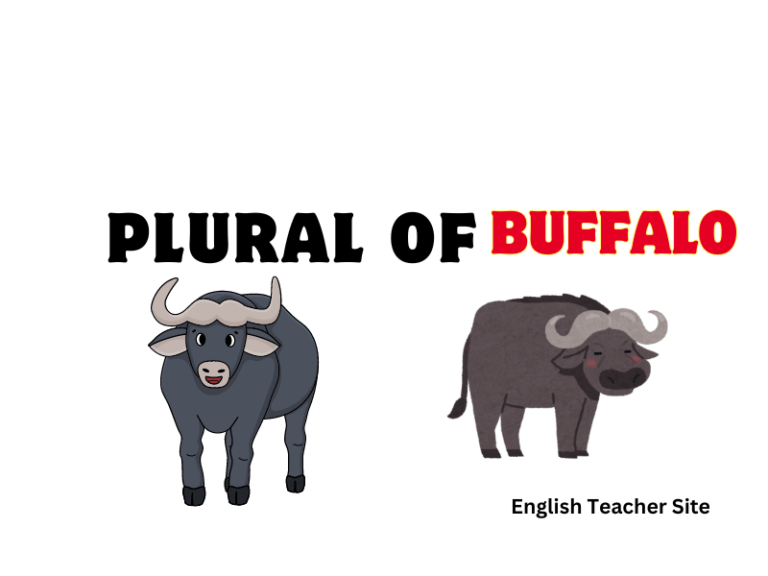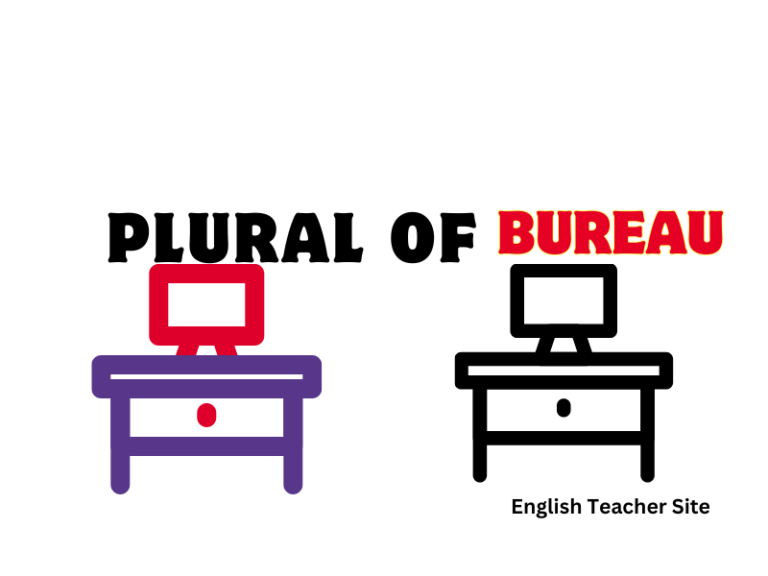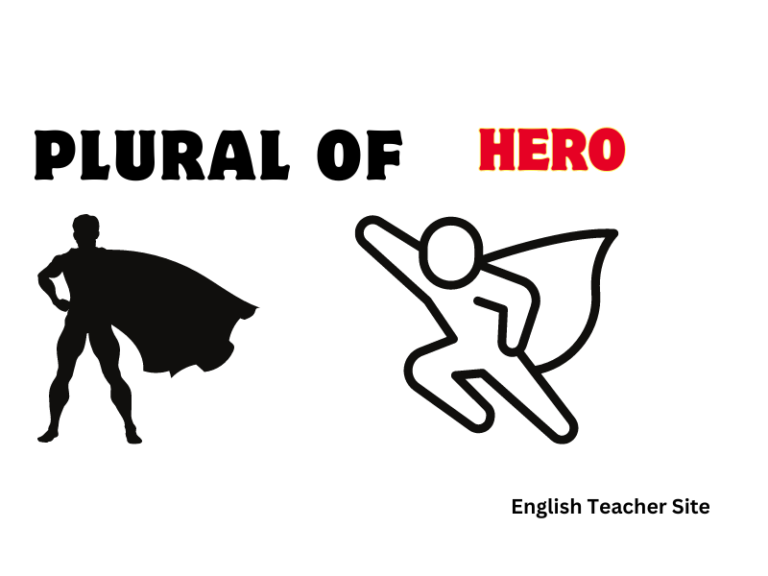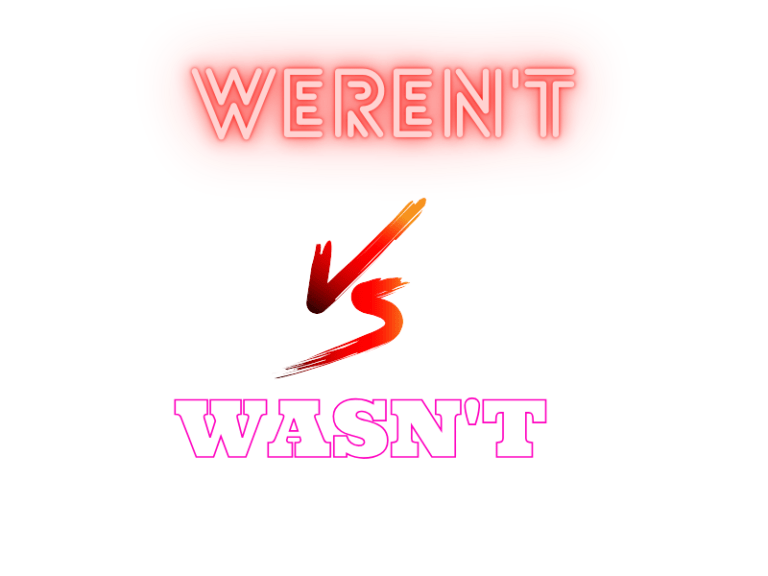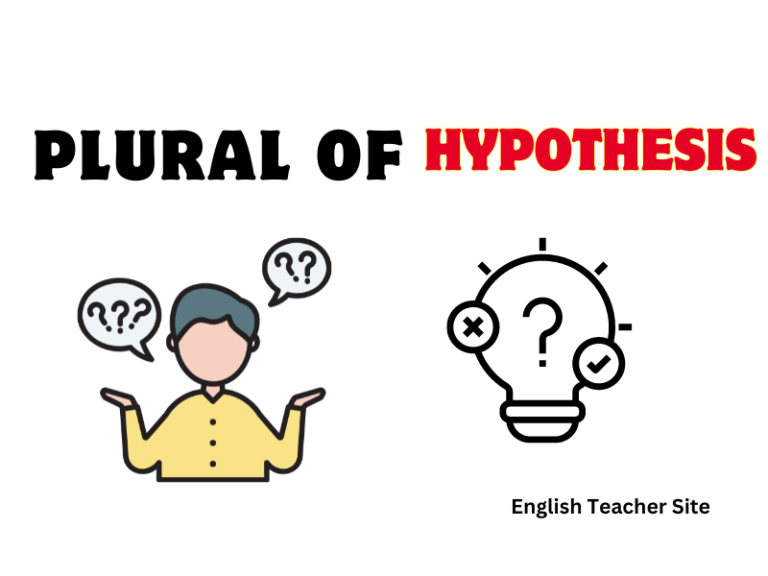What’s the Plural of Chateau: Understanding French Nouns
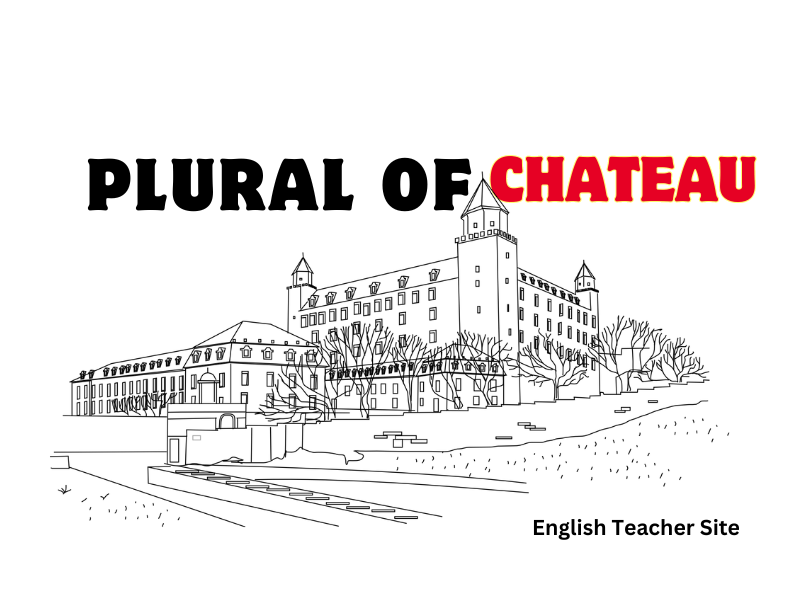
- “Chateau” can be pluralized as “chateaux” following French convention or as “chateaus” according to English rules.
- The term “chateau” has its origins in Latin and Old French, denoting a fortified structure or grand residence.
- In English, both plural forms are correct, but “chateaux” often appears in more formal usage.
There are two acceptable plural forms for “chateau” in English. One can either maintain the French style of pluralization, resulting in “chateaux,” or adapt it to the conventional English method, yielding “chateaus.” Both variations are recognized and used, although “chateaux” is typically favored in more formal contexts. The word traces its etymology back to the Latin “castellum,” meaning a small fortress, and the Old French “chastel,” illustrating the evolution of language and the absorption of foreign terms into English.
What’s the Plural of Chateau?
Words borrowed from other languages often retain their original plural forms. This is certainly true for the French word “chateau,” which is commonly pluralized as “chateaux” when adhering to French rules. However, as the term has become assimilated into English, the plural “chateaus” is also acceptable. Thus, speakers of English can use either “chateaux” or “chateaus” depending on the context and their preference for traditional or Anglicized usage.
Acceptable Plural Forms of Chateau
| French Pluralization | English Pluralization |
|---|---|
| chateaux | chateaus |
Usage in Sentences
- French Tradition:
- The Loire Valley is famous for its chateaux.
- English Adaptation:
- The new vineyards will be modeled after traditional French chateaus.
Usage Considerations
There are a few considerations to take into account when choosing which plural form to use:
- Context: The French spelling is often preferred in formal or historical discussions.
- Preference: Some may opt for the English variant as it reflects the natural evolution of language.
- Audience: Understanding the audience’s familiarity with French can guide which form to use.
Singular Form of Chateau
chateau can be defined as:
- A stately residence resembling a castle, often found in France.
- A wine-producing estate, especially one in the Bordeaux region of France.
- A country house or manor, particularly grand and imposing in nature.
This term embodies the elegance and grandeur associated with French architecture and cultural heritage. The pronunciation of “chateau” adheres to the French influence, with a silent “t”, resulting in a sound like sha-toh.
Below are two tables that detail aspects of the singular form of chateau, it’s meaning and usage.
Table 1: Word Origin and Pronunciation
| Aspect | Description |
|---|---|
| Origin | Derived from Old French ‘chasteil’, which translates to castle. |
| Pronunciation | /ʃæˈtoʊ/ (sha-toh) |
Table 2: Semantic and Grammatical Context
| Feature | Explanation |
|---|---|
| Meaning | – A palatial building; a manor or castle. – A winegrowing estate. |
| Usage | Used as a common noun to refer to luxurious residences or wine estates. |
Consider the following examples where chateau is used in its singular form:
- Visiting the chateau was like stepping back into Renaissance France.
- They spent the summer renovating the old chateau.
In each case, chateau functions as a singular noun to describe a unique place laden with history and cultural significance.
Chateau: Definition and Meaning
The term chateau stems from the French language and possesses a rich historical context. Primarily, a chateau refers to a grand building or residence, traditionally constructed in France. Such structures are renowned for their architectural distinction and historical significance.
Key Characteristics
- Size: Typically, a chateau is a spacious, majestic structure.
- Location: While rooted in French heritage, similar buildings exist across Europe.
Usage
The term is often associated with various types of large dwellings:
- Vineyard Estates: Notably tied to French winemaking regions.
- Stately Homes: Residences replicating French castles, without the defensive features.
Plurality
Concerning the correct plural form of chateau, English adopts the French rule:
- French Plural: châteaux
- English Variant: chateaus
Both forms are acceptable, with the tendency to use “châteaux” emphasizing adherence to the original French pluralization.
| Singular | Plural (French) | Plural (English variant) |
|---|---|---|
| chateau | châteaux | chateaus |
Linguistic Importance
- Historical Context: Emphasizes architecture from French nobility.
- Cultural Significance: Connects to France’s winemaking heritage.
| Aspect | Importance |
|---|---|
| Pronunciation | French intonation is preferred, yet anglicized versions are widespread. |
| Etymology | Deeply rooted in the French language. |
Other French Nouns
Bureau, meaning a desk or office, and tableau, meaning a picturesque arrangement or scene, are two examples. Both adopt an ‘x’ in their plural forms to become bureaux and tableaux respectively. This is indicative of French nouns ending in ‘eau’ or ‘au’ often adopting an ‘x’ for their plurals.
Here is a tabulated representation of some common French nouns to illustrate their singular and plural forms:
| Singular | Plural |
|---|---|
| Bureau | Bureaux |
| Tableau | Tableaux |
Conversely, other French nouns become pluralized by adding an ‘s’. This rule typically applies to words that don’t end in ‘s’, ‘x’, or ‘z’ in their singular form, aligning with the general pattern of English pluralization.
Consider the following nouns:
- Restaurant, a place where meals are served to customers, becomes restaurants.
- Hotel, a place providing accommodation to travelers, becomes hotels.
These examples reflect a direct pluralization convention, without the complexity of changing the word’s ending:
| Singular | Plural |
|---|---|
| Restaurant | Restaurants |
| Hotel | Hotels |
Examples of Chateau in Sentences
Let’s consider how the term can be correctly incorporated into sentences.
Singular Usage
| Sentence | Explanation |
|---|---|
| The count hosted a grand ball at his chateau near Bordeaux. | Refers to a single French manor house. |
| We visited the restored chateau and admired its architecture. | Indicates one specific country estate. |
Plural Usage
| Sentence | Explanation |
|---|---|
| The Loire Valley is renowned for its beautiful chateaux. | The word “chateaux” is often used in the context of traditional French estates. |
| Several newly built chateaus mimic historical styles. | “Chateaus” can also reflect the English adaptation of the plural form. |
When incorporated into sentences, it’s important to make the distinction clear:
- While touring France, they marveled at the ancient chateaux dotting the countryside.
- The billionaire owned chateaus in France and Italy, each boasting its own vineyard.
Examples of Chateaux/Chateaus in Application
In Historical Context:
| French Origin | English Adaptation |
|---|---|
| Châteaux de la Loire | Loire Valley Chateaus |
Typically, historical references and scholarly texts prefer “chateaux” to preserve the French origin of the word, as seen with the Châteaux de la Loire, a collection of castles located along the Loire River in France.
In Contemporary Usage:
| Tourism | Real Estate |
|---|---|
| Luxury Chateaus | Private Chateaus for Sale |
Modern English, especially in realms like tourism or real estate, may adopt the “chateaus” spelling for ease of pronunciation and familiarity among English speakers, as in advertisements for luxury chateaus or listings of private chateaus for sale.
In Literary Descriptions:
- The novel described the verdant vineyards surrounding the chateaux, instilling a sense of antiquity.
- Authors may style the word to fit the narrative voice or period setting, using “chateaux” to evoke an Old-World charm.
In Pop Culture:
- Boutique hotels often brand themselves as “chateaus” to appeal to English-speaking patrons seeking a European flair.
- Social media posts may feature lavish parties at celebrity chateaus, capturing the extravagant lifestyle associated with such properties.
Origin of the Word Chateau
The term chateau has a storied past, rooted deeply in the Latin language. Its lineage can be traced back to the Latin word castrum, which refers to a military encampment or post. This term evolved within various languages and has had a significant impact on place names across Europe.
Latin to Old English:
- The Latin castrum, in its plural form castra, made its way into Old English as ceaster.
- This transformation is evident in the current-day suffixes “-caster” and “-chester” found in numerous English localities.
Influence on Other Languages:
- The Spanish term alcazar, which means castle, has Arabic origins (al-qasr), but also traces back to Latin.
From Latin to French:
- Over time, castrum influenced the Old French word chastel, meaning castle.
- The modern French term château encompasses not just a castle but also a manor house or the residence of nobility, often situated in the countryside.
Pluralization:
- The word chateau is French in origin, and its plural form adheres to French grammar rules, becoming châteaux.
- However, in English, it is also acceptable to use the anglicized plural form chateaus.
Interplay with the French Language:
- Château retains a sense of elegance and grandeur, often reflective of the fine country houses of French nobility.
Here are two tables summarizing the evolution of the word and its plural forms in both French and English:
| Language | Singular | Plural |
|---|---|---|
| French | Château | Châteaux |
| English | Chateau | Chateaus |
| Origin | Term | Meaning |
|---|---|---|
| Latin | Castrum | Military encampment |
| Old English | Ceaster | Fortified place |
| Old French | Chastel | Castle |
The word chateau is a testament to the rich tapestry of linguistic evolution, demonstrating how language can be a bridge connecting various cultures and histories.
Sources
My name is Khamis Maiouf. I am the creator of the English Teacher Site, dedicated to providing valuable resources and insights for students around the world. With a passion for education and a commitment to helping students enhance their skills, I aim to make English teaching more effective and enjoyable for both educators and students.


